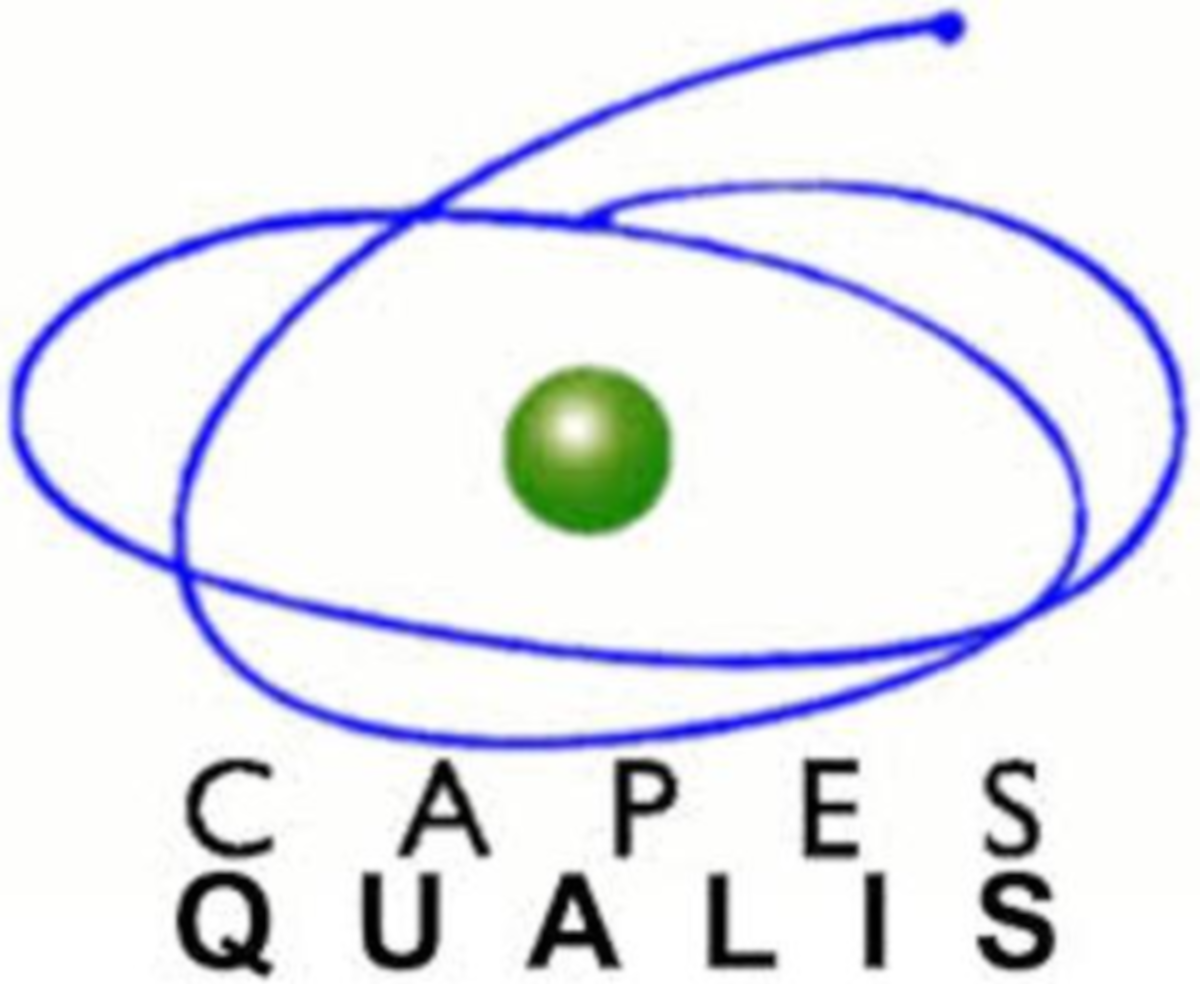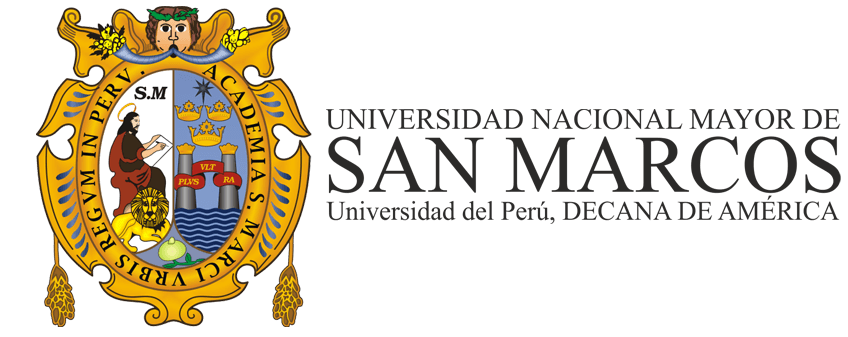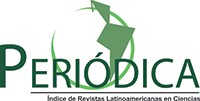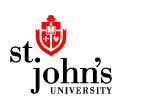Diversity of stingless bees (Apidae: Meliponini) in a farm in the community of los Lajones, Veraguas Province, republic of Panama
DOI:
https://doi.org/10.62430/rtb20242221891Keywords:
flight activity, Meliponini, nests, Partamona, stingless bees, TrigonaAbstract
Stingless or meliponine bees form a group of social bees classified in the tribe Meliponini (Apidae Meliponini). The meliponines of America are native bees, which makes them the main pollinators of flora in tropical and subtropical regions. The objective of this study was to recognize and identify the presence of native stingless bees and their interaction on a farm located in the community of Los Lajones, Cañazas District, Veraguas, Panama. Diverse transect sampling and qualitative and quantitative direct observation were carried out. To capture samples, the active method of obtaining nests and, sometimes, a small net was used. Taxonomic identification was carried out with entomological keys, resulting in two genera in total. Seven specimens were found distributed in one genus in transect one [Trigona (Fabricius,1804)], while in the second transect, two genera were found (Trigona and Partamona Schwarz, 1938), with Partamona being the one with the greatest presence with three species. Most bees presented similarities in their vegetative preferences, with a high inclination towards vegetation with flowers and seeds. Their behavior in the nests is organized and, in some cases, defensive. Flight activity revealed interesting patterns in resource collection and threats that may influence its biodiversity were identified.
Downloads
Published
How to Cite
Issue
Section
License

This work is licensed under a Creative Commons Attribution-NonCommercial-NoDerivatives 4.0 International License.
Objeto: El AUTOR-CEDENTE transfiere de manera TOTAL Y SIN LIMITACIÓN alguna al CESIONARIO (Revista The Biologist (Lima)) los derechos patrimoniales que le corresponden sobre sus obras por el tiempo que establezca la ley internacional. En virtud de lo anterior, se entiende que el CESIONARIO adquiere el derecho de reproducción en todas sus modalidades, incluso para inclusión audiovisual; el derecho de transformación o adaptación, comunicación pública, traducción, distribución y, en general, cualquier tipo de explotación que de las obras se pueda realizar por cualquier medio conocido o por conocer en el territorio nacional o internacional.
Remuneración: La cesión de los derechos patrimoniales de autor que mediante este contrato se hace será a título gratuito.
Condiciones y legitimidad de los derechos: El AUTOR-CEDENTE garantiza que es propietario integral de los derechos de explotación de la(s) obra(s) y en consecuencia garantiza que puede contratar y transferir los derechos aquí cedidos sin ningún tipo de limitación por no tener ningún tipo de gravamen, limitación o disposición. En todo caso, responderá por cualquier reclamo que en materia de derecho de autor se pueda presentar, exonerando de cualquier responsabilidad al CESIONARIO.
Licencia de acceso abierto: El AUTOR-CEDENTE autoriza que manuscrito publicado en la Revista Científica The Biologist (Lima) (versión Impresa ISSN 1816-0719, versión en línea ISSN 1994-9073) permanece disponible para su consulta pública en el sitio web http://revistas.unfv.edu.pe/index.php/rtb/index y en los diferentes sistemas de indexación y bases de datos en las que la revista tiene visibilidad, bajo la licencia Creative Commons, en la modalidad Reconocimiento-No comercial- Sin Trabajos derivados –aprobada en Perú, y por lo tanto son de acceso abierto. De ahí que los autores dan, sin derecho a retribución económica, a la Escuela Profesional de Biología, Facultad de Ciencias Naturales y Matemática de la Universidad Nacional Federico Villarreal (EPB - FCCNM - UNFV), los derechos de autor para la edición y reproducción a través de diferentes medios de difusión.









































